Though copyright law might seem to some like a modern-day issue, it has been around since the 1700s in the United States. Even if it was more limited than the ones we have today (only protecting books, maps and charts for 14 years) it shows a deep-seated care for the protection of original work. However, with the relatively recent accessibility of pocket-sized recording technology, breaking these laws seems easier than ever. This is especially true for someone who does not know what the exact laws are or what they apply to.
Taylor Swift: The Eras Tour, which debuted Oct. 13, is a professionally recorded and edited film comprising several performances during Swift’s tour. This is not by any means a new concept; however, it is one of the most popular concert films to date, grossing $96 million domestically on its opening weekend. This means it now holds the record for the Top Music Concert Film of All Time, according to Billboard.com. This has left some confused on how to treat a concert film. After all, people could record during the actual concert, perhaps they would be allowed to record in the theaters too. But how much recording would be considered ‘too much?’ Sophomore Lyrie Tzarfati, a self-proclaimed “huge Swiftie” and attendee to both the concert and film, thinks that a non-disruptive amount of recording should be okay.
“It’s fine to film a little bit if theaters allow it,” Tzarfati said. “I know the AMC I went to didn’t mind if we filmed, but I don’t think excessive filming should be allowed as it takes away from the movie experience and can be very distracting.”
Other fans disagree with this sentiment. Junior Maggie Garner said that they do not see the point of recording the film in the first place.
“I don’t think people should film in theaters, obviously,” Garner said. “Since the Eras Tour has so many videos taken from the concert…I don’t exactly see the point of even wanting to film the movie when you could just look online for a live video.”
This disagreement likely comes from the ill-defined nature of copyright laws themselves. There is no public-friendly way to access every copyright law relating to recording within a theater. So, various people just resort to whatever their theater tells them is okay. For example, Tzarfati’s experience of being told it is okay to film. However, a What To Know Before You Go page on the AMC website directly contradicts her story.
The website states, “Feel free to take selfies and group photos, but you may not record the concert film on our big screen.” Which may lead anyone in Tzarfati’s group to even more confusion about what is allowed.
The recording of any portion of the film displayed within a movie theater is illegal. However, even this is less than clear because there is no law on how much (whether that be the number of pixels or duration) of a film must be ‘pirated’ before it is considered copyright infringement. The reason there is no law surrounding it is that it is generally decided in a courtroom. In order to avoid copyright lawsuits, most social media apps have a terms and conditions page that contains information on their intellectual property policy, which every user agrees to with the download of the app.
TikTok’s policy states that “we do not allow any content that infringes copyright. The use of copyrighted content of others without proper authorization or legally valid reason may lead to violation of TikTok’s policies.” Violation of these policies usually results in the removal of content and the suspension or termination of an account.
X (formerly Twitter) and Instagram have similar policies, yet a simple search of something like ‘Eras tour movie’ will lead to several videos that likely violate copyright law. According to the policies of these apps, these videos should have been removed, yet they have not. This could be due to a variety of things: a poor copyright-detecting algorithm, a complete lack of a copyright-detecting algorithm, a lack of reports of stolen content, or an insufficient response to reports. The problem some have with the uploading of ‘camcorded’ content is that it discourages people from seeing the movie and supporting the copyright owner. Others do not see the issue and think it even encourages them to see the full film.
“I think it has the capability to do both,” Tzarfati said. “If people see a short movie clip on TikTok or Instagram, for example, it might encourage them to go see it. However, if someone posts the whole movie, it would lead to people just watching the movie illegally and unsustainably.”
Overall, with all the confusion about what is and is not legal, perhaps it is better to leave the filming to the cinematographers.


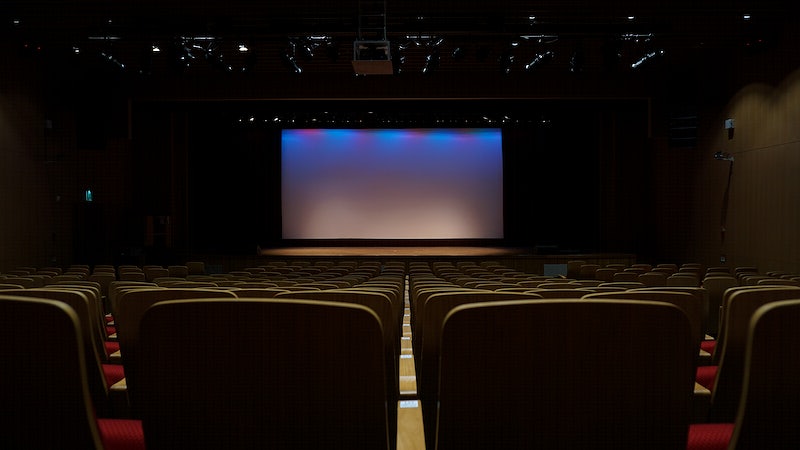
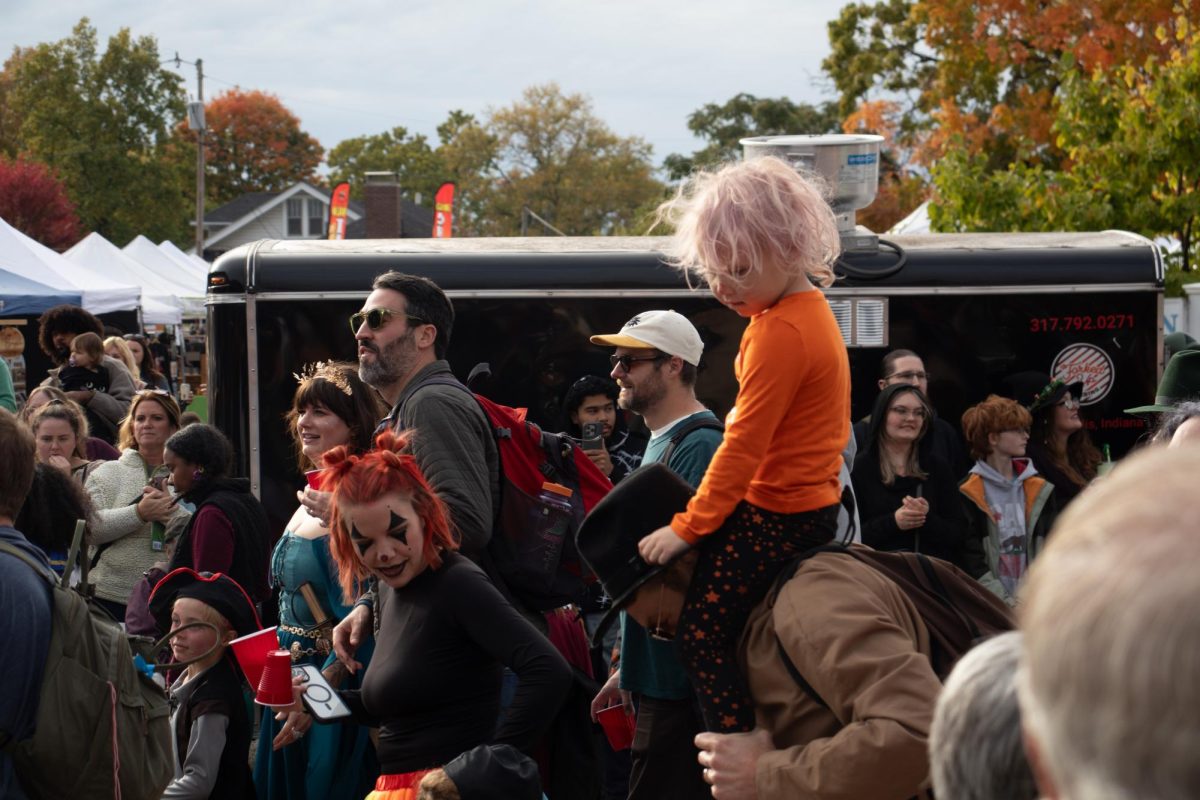




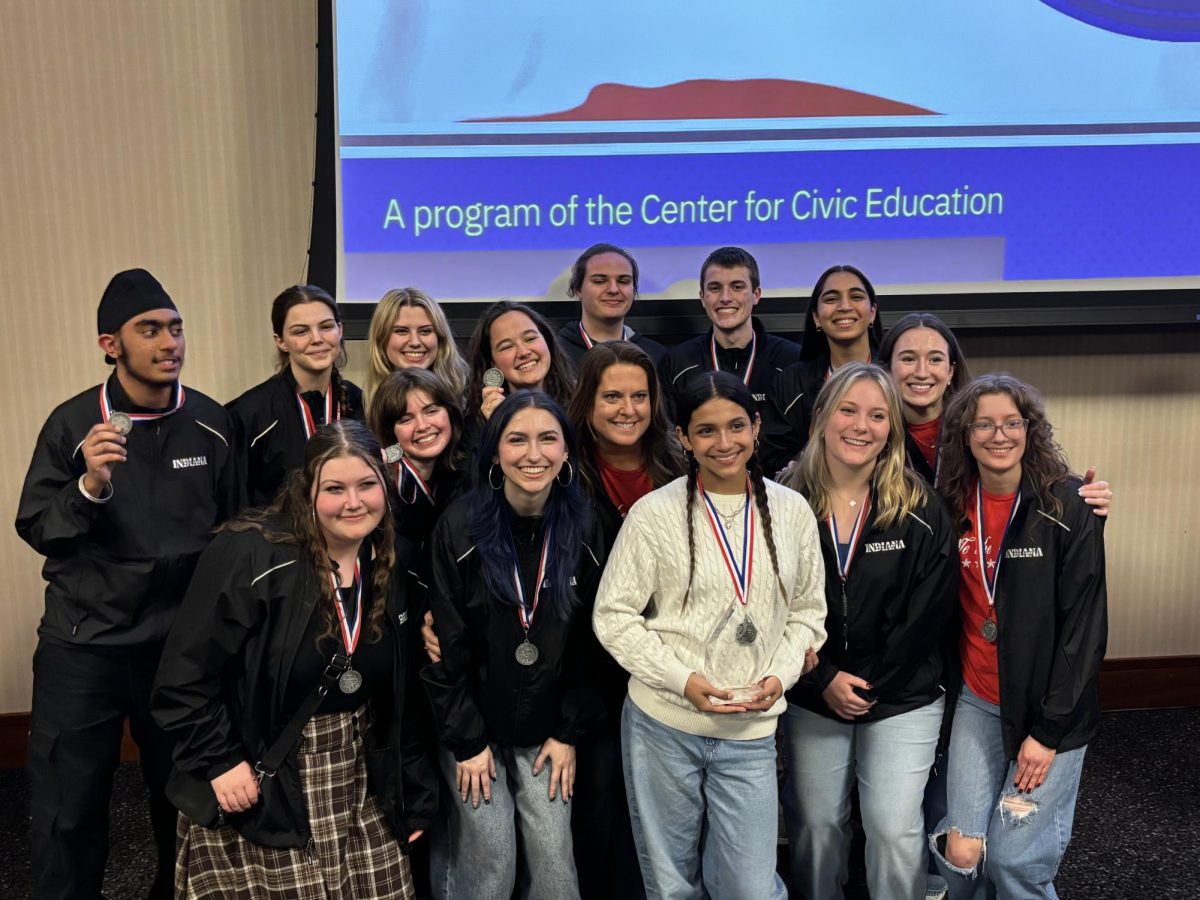
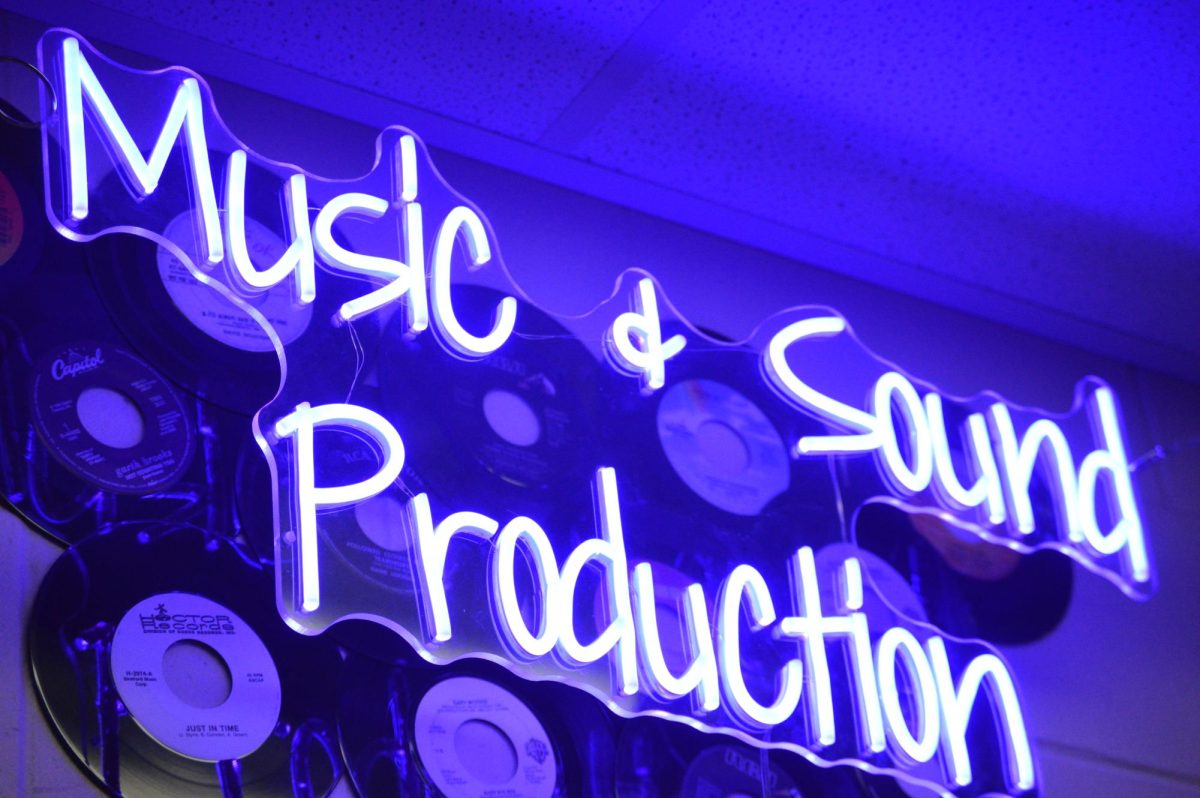
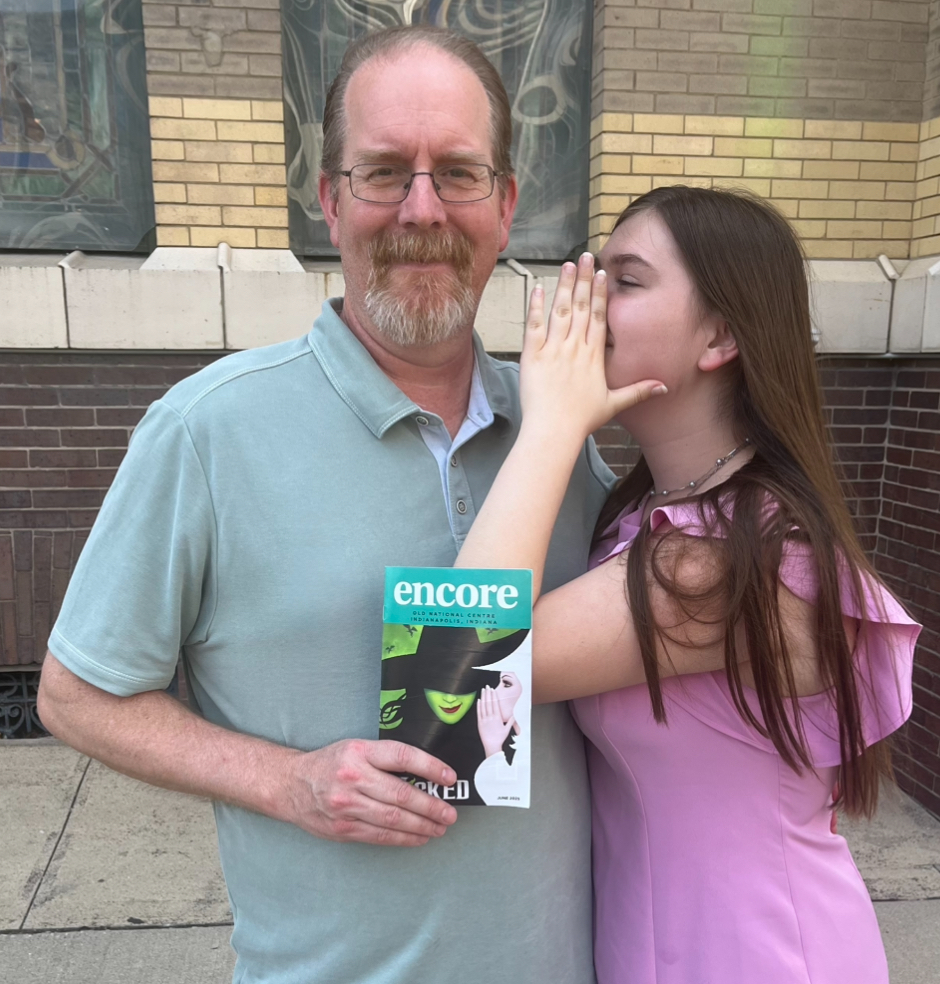

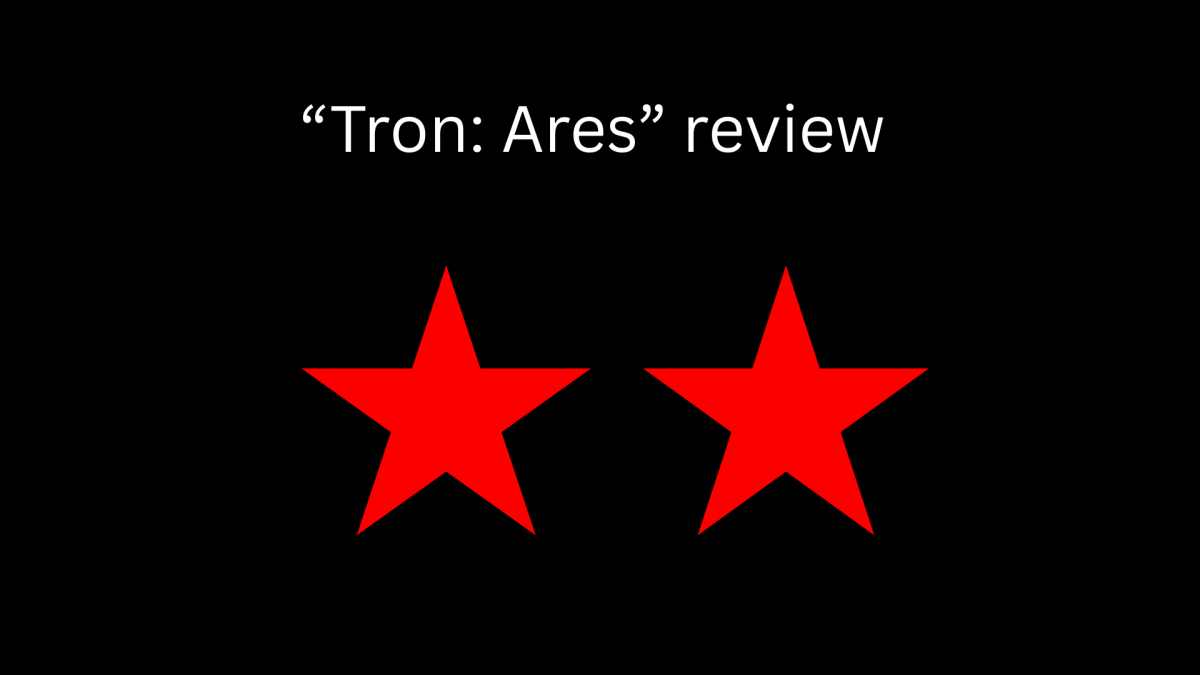



Gretchen • Nov 3, 2023 at 1:04 pm
Omg i love Taylor Swift shes amazing
This article was great
10/10
Write more about Taylor Swift